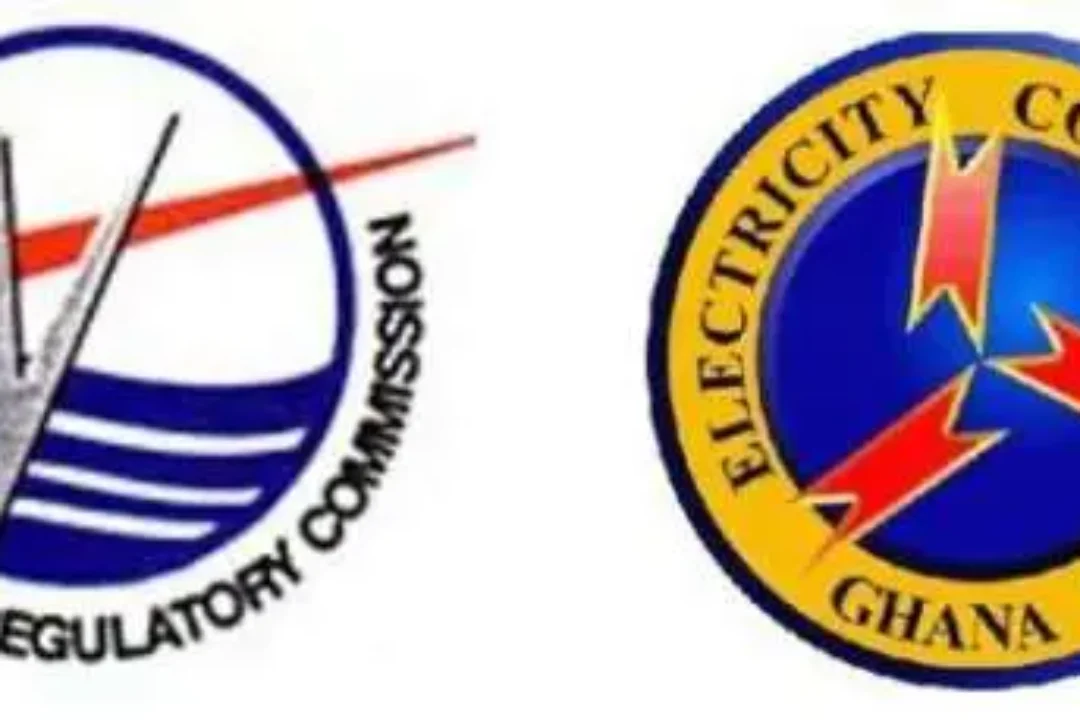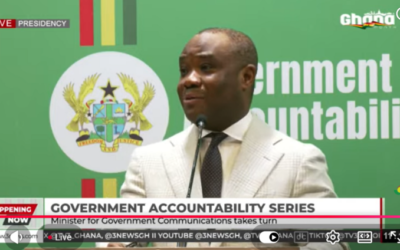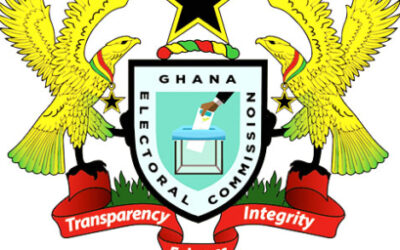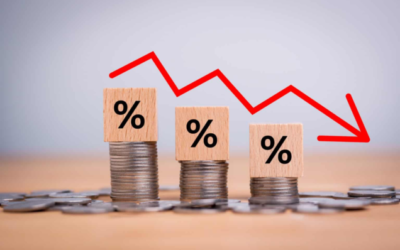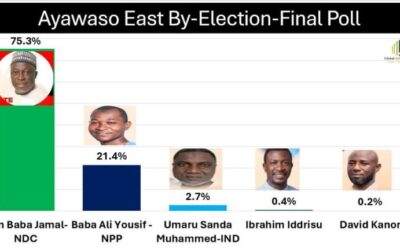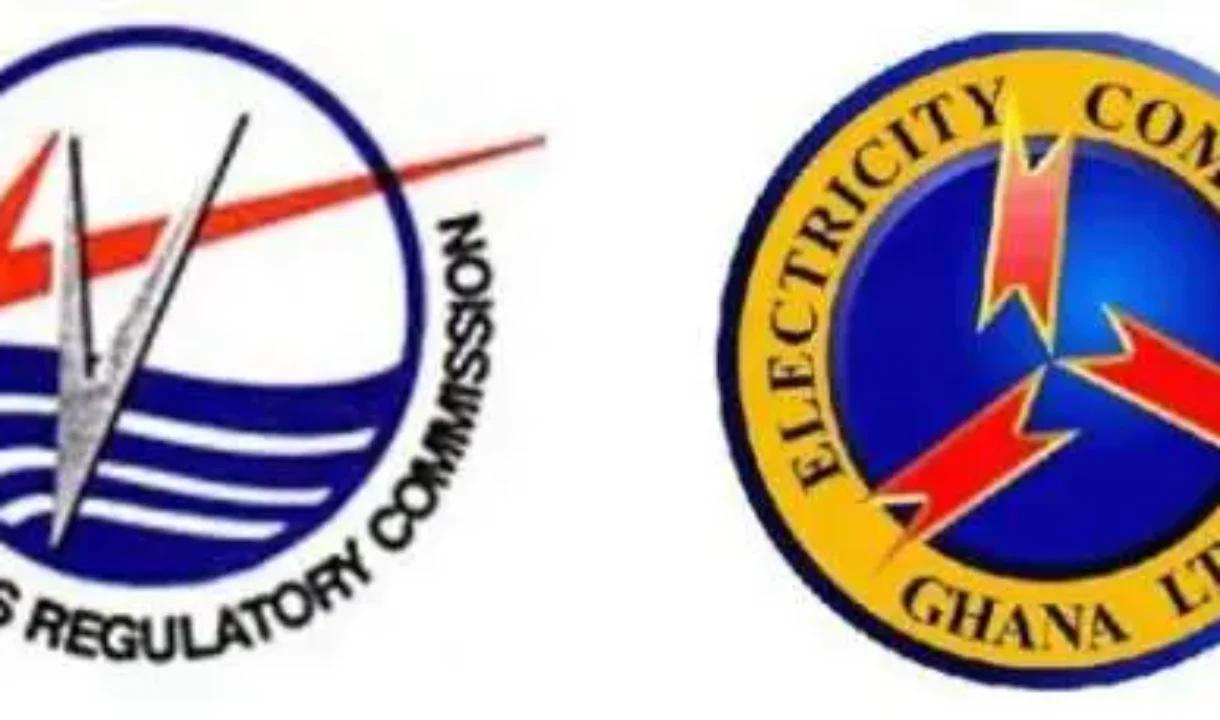Source: Anthony Manu
The Public Utilities Regulatory Commission (PURC) has issued an urgent call for a revision of the Cash Waterfall Mechanism (CWM) to avert a looming financial crisis in Ghana’s energy sector.
The Commission in a letter addressed to the Presidency, Energy and Finance ministers, and other key stakeholders, highlights the potential collapse of the energy sector due to financial instability if immediate actions are not taken.



The PURC’s concerns focus on key energy sector players such as the Ghana Grid Company (GRIDCo), Volta River Authority (VRA), Bui Power Authority, and independent power producers. These entities are struggling financially, primarily because the current CWM framework, revised in August 2023, is not functioning as intended. The mechanism, which requires the Electricity Company of Ghana (ECG) to collect and distribute a minimum of GHȼ1 billion monthly, has fallen short, with ECG failing to comply with the guidelines.
According to the letter, ECG’s inability to meet its financial obligations has led to significant revenue shortfalls, further exacerbated by exchange rate discrepancies and the Ministry of Finance’s (MoF) failure to consistently make the agreed-upon $10 million monthly top-up payments. The result is a severe financial strain on Tier B companies, including VRA, GRIDCo, and Bui, which receive only 20% to 45% of their invoiced amounts.

The PURC’s letter calls for comprehensive stakeholder input to address the challenges and improve the mechanism. Key areas for feedback include the adequacy of the current assumptions underpinning the CWM, implementation challenges, particularly those related to exchange rate discrepancies and revenue collections, and recommendations for enhancing the mechanism to better meet sector demands.

The Commission emphasises the need for transparent and consistent revenue allocation to maintain financial sustainability and quality service delivery in the energy sector. It urges stakeholders to submit their suggestions by September 30, 2024, to ensure a robust and responsive CWM framework.
ECG’s response to PURC’s concerns
In response to the PURC’s recent review of the Cash Waterfall Mechanism (CWM), ECG criticised the report for mischaracterising essential fuel costs as “variances,” which it said undermines the progress made in fuel procurement.
ECG’s leadership emphasised that they have effectively managed fuel procurement independently, a significant improvement over previous management. They clarified that any delays in payments to Independent Power Producers (IPPs) were standard practices to settle outstanding obligations, not evidence of non-compliance.
According to the Commission, the impact of foreign exchange losses on ECG’s financial stability was overlooked, citing discrepancies between the PURC’s exchange rates and market rates. ECG pointed out that it independently purchased GHS 466 million worth of liquid fuel to maintain power supply stability, a proactive measure that deserves recognition rather than criticism.
Overall, ECG called for constructive feedback from the PURC to accurately reflect the energy sector’s progress and challenges, emphasizing the need for collaboration and clarity in communications as Ghana approaches national elections.


